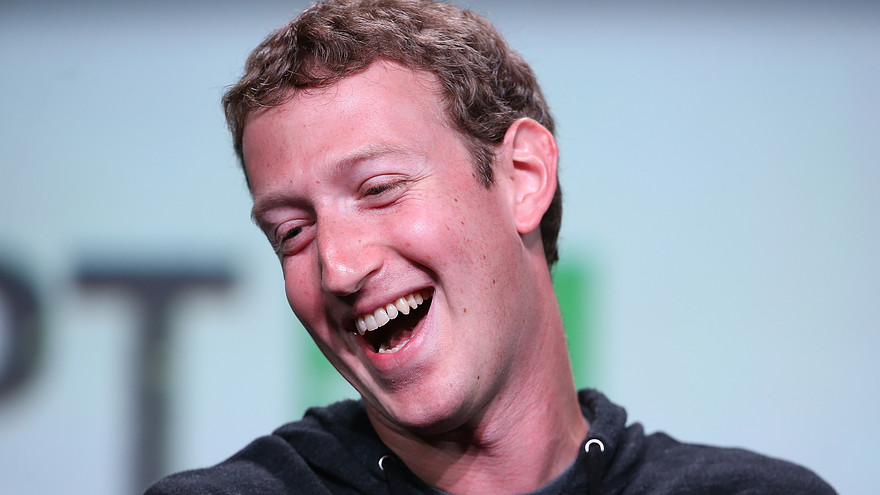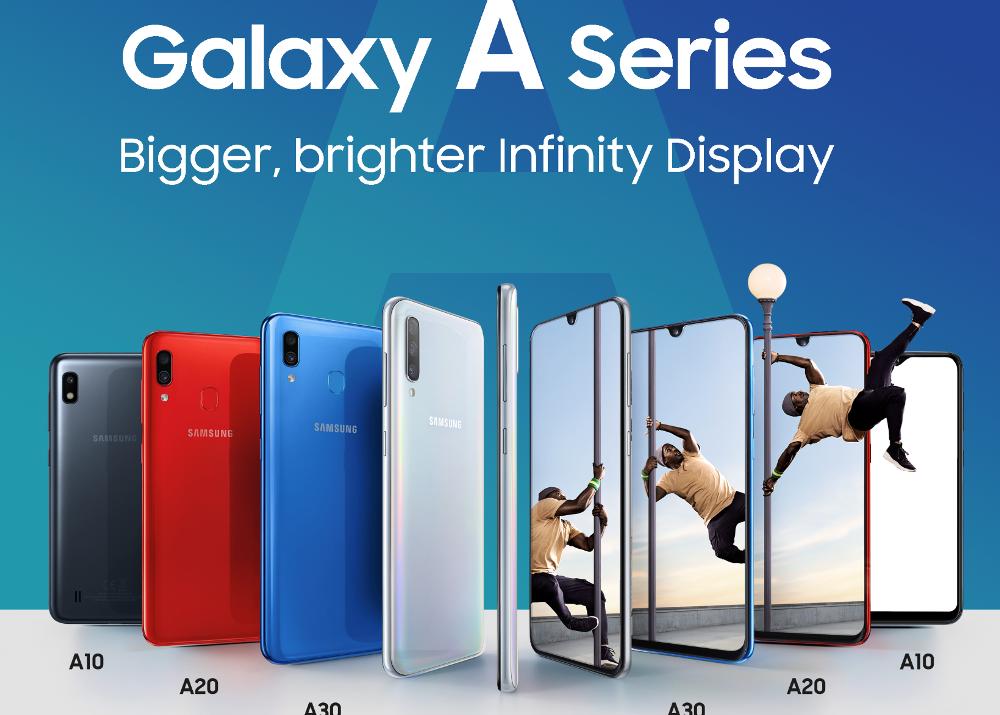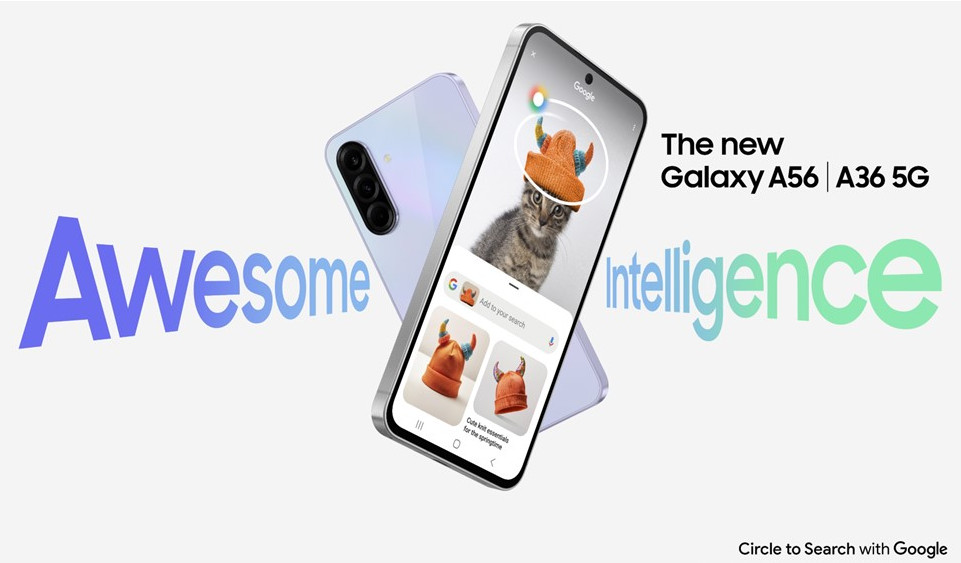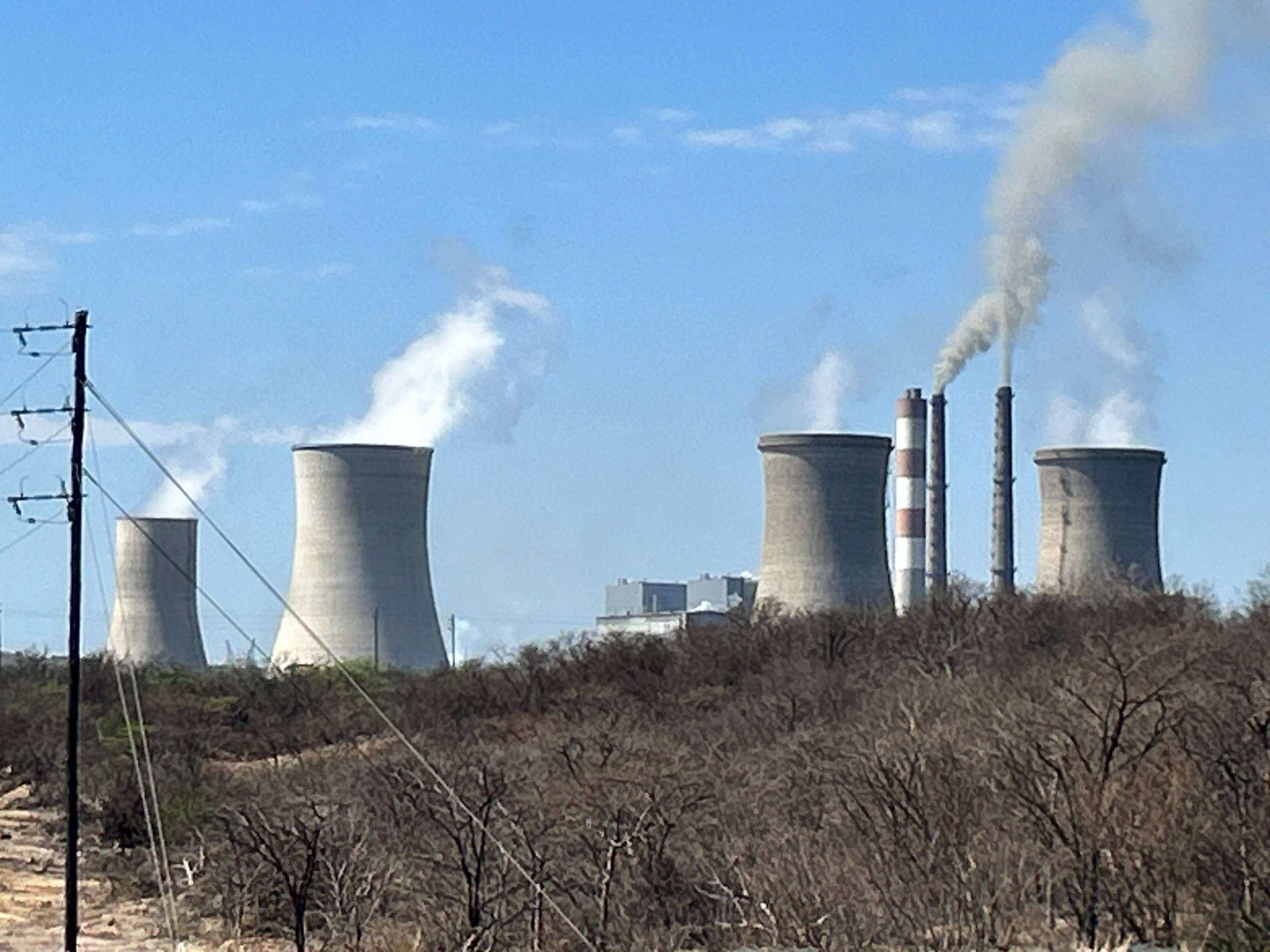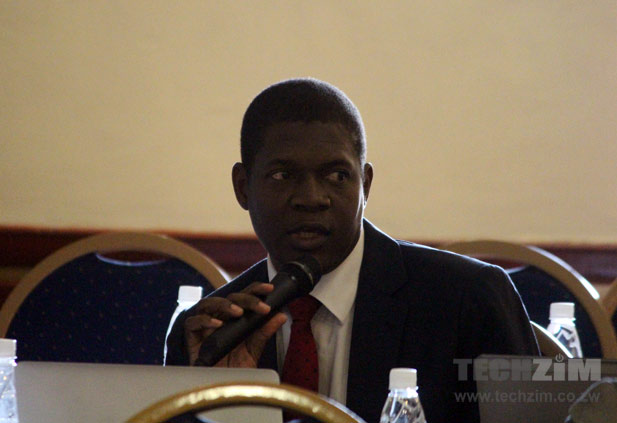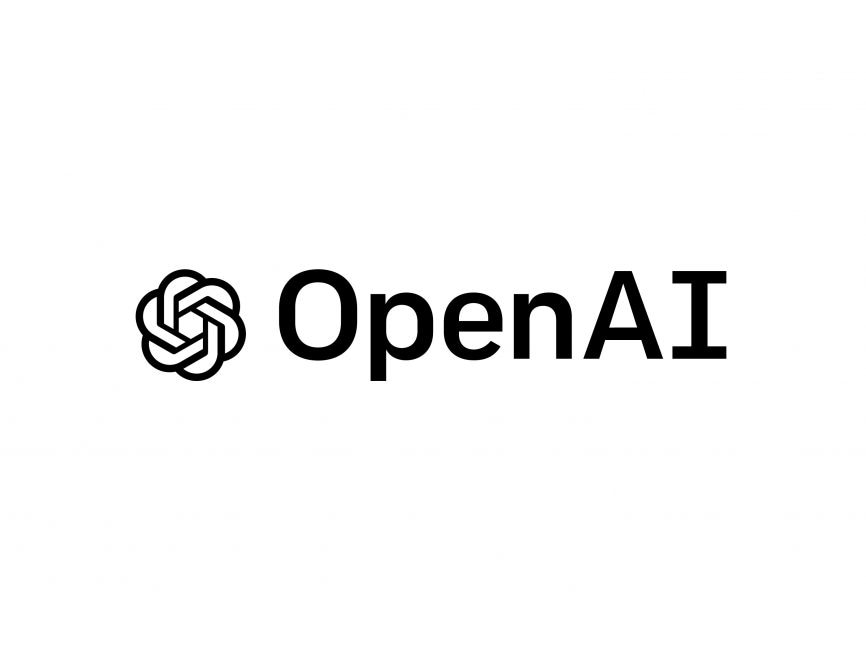The internet has driven innovation over that last couple of decades. As it grew, the possibilities it offers seem endless. This vital utility is something that isn’t available to everyone across the world. An estimated 3.5 billion people across the world still don’t have access to internet services.
In Sub-Saharan Africa internet infrastructure is sparsely distributed. As if that wasn’t the only hurdle, the cost of basic internet from an ISP (internet service provider) far outstrips the amount the majority of people earn. What should, at this point, be among utilities like electricity and water, in most parts of the “developing” world is still a luxury or unattainable all together.
The need for internet services has been made even more pressing by the COVID-19 pandemic. With people’s normal movements restricted it is important that goods and services are made available by other means. Those who have services they can offer, in most cases, may not be able to get the greatest reach because of the cost and availability of reliable internet.
Facebook and other tech giants have launched a number of initiatives to, in any way, offset the connectivity deficiencies around the world. A report by Analysys Mason outlined the areas that Facebook has been addressing, and they forecasted the economic benefits Facebook’s initiatives will have in Sub-Saharan Africa over the next 5 years.
Infrastructure
The report states that Facebook has been trying to address the scarcity of internet infrastructure.
“Facebook invests in network infrastructure, either directly building or buying through long-term contracts. These investments include fibre backhaul and edge network infrastructure including points of presence and caches in operators’ networks in nearly every country in both regions. Facebook is also investing in submarine cables that will transform international connectivity in Africa and increase supply in ASEAN (Association of Southeast Asian Nations).”
Analysys Mason
Facebook is developing programmes with telecommunications companies and internet service providers to improve coverage. They are using innovative platforms and technologies to improve the economics of deployment and operation of networks.
The initiatives focus primarily on broadening coverage and improving service affordability. In Sub Saharan Africa these initiatives include, Wi-Fi solutions, rural access initiatives and looking at ways in which to lower the costs of rolling out broadband.
What are the goals of these initiatives?
The hope is that these initiatives create socio-economic benefits for, consumers, businesses and governments. The benefits for individuals is the increased access to information and services. This could spark innovation, exposing more people to information, goods and services they weren’t aware of or didn’t have access to.
Businesses will benefit by having greater access to consumers, and suppliers. New businesses which rely on internet infrastructure will have the launch pad they need to realise their ambitions.
The hope is that governments can use improved connectivity to increase efficiency and transparency, as well as increase the reach and quality of e-government services.
Projections
The projected estimate of Facebook’s initiatives in Sub-Saharan Africa, according to Analysys Mason is a figure that could exceed US$50 billion from 2020 to 2024.
“The biggest impact by far is linked to Facebook’s investment in international capacity and edge infrastructure, which allows operators to offer much more data to end users, and benefits all Internet users (nearly 500 million people by 2024). Facebook’s initiatives with operator partners are enabling millions of people to get online earlier than they would have otherwise, already helping to extend or improve broadband coverage to 4 million people in Uganda and Nigeria”
Analysys Mason
The report concludes by saying that these initiatives are only a piece of the complex and require governments, operators and internet companies to work together for the common good.
Thoughts
I think what Facebook is doing is good overall. The connectivity issues on the continent have been improving but not to the point that it is affordable for the majority.
In Zimbabwe for example the internet is basically a WhatsApp bundle. This, I think, shouldn’t be the case. Although Zimbabweans have adapted to the environment, by forming communities, marketplaces, advertising goods and services (Techzim’s chatbot for example) they shouldn’t be confined to one platform.
What lies in various corners of the Internet could inspire, motivate or give insight to a generation of innovators.







